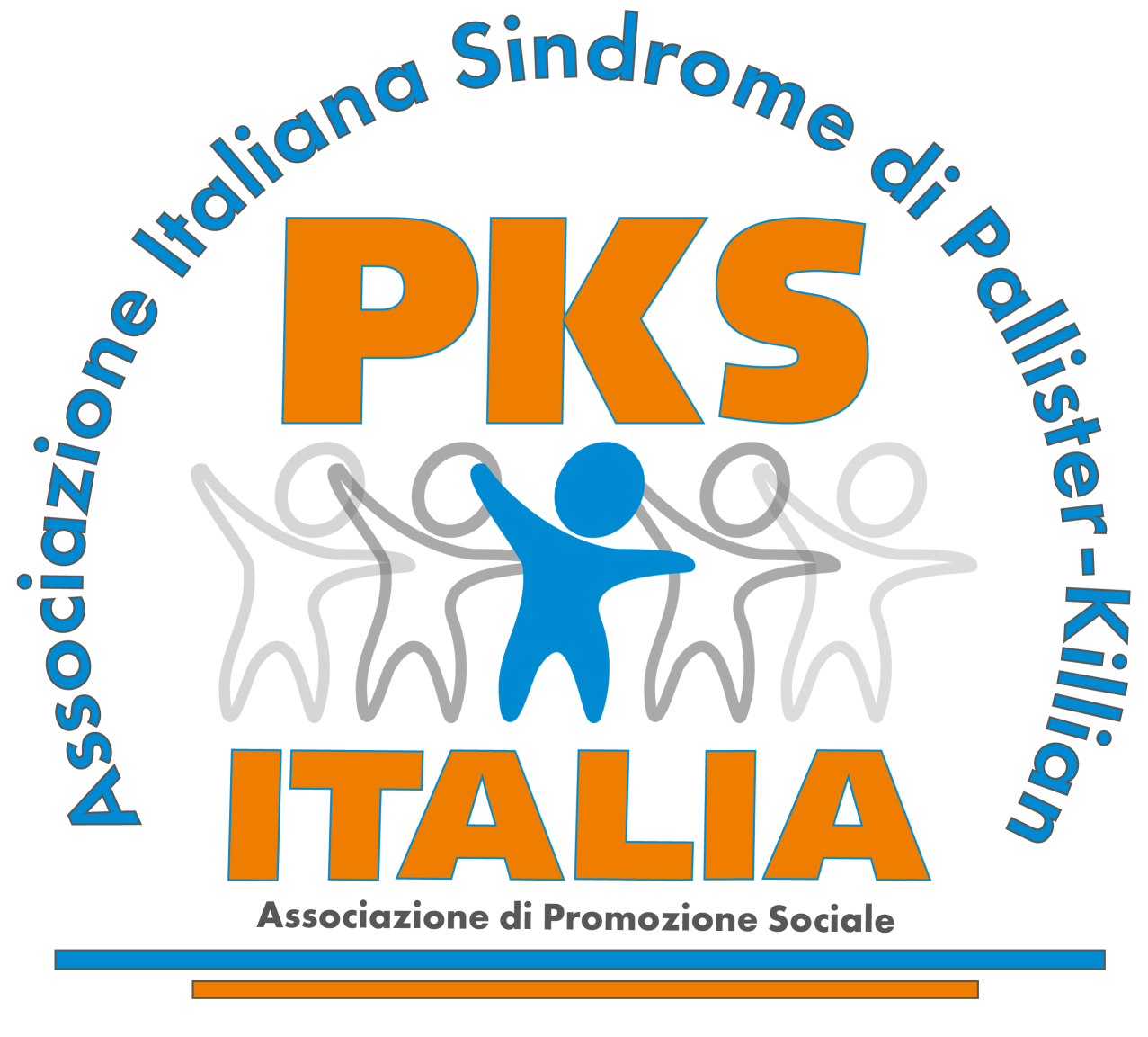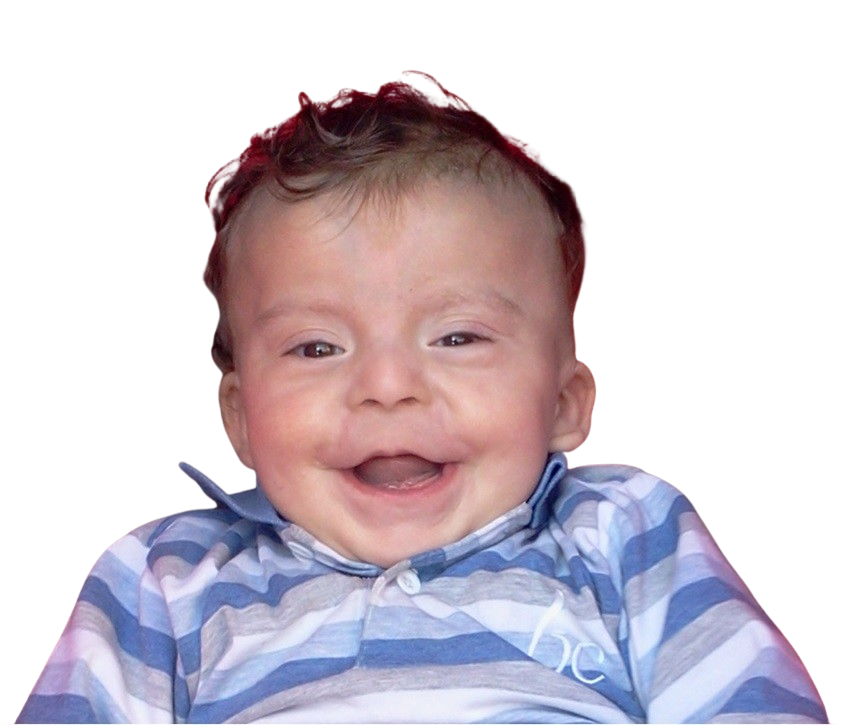Our Story
The history of the Italian Association for Pallister-Killian Syndrome is deeply intertwined with the birth of my third child, Giacomino. PKS forcefully entered my life with his birth in June 2011, following a smooth pregnancy and a “normal karyotype” result from the chorionic villus sampling that left the doctors unconvinced from the first moments after delivery. Giacomino was markedly hypotonic, did not cry, did not move, and did not even open his eyes. These unusual behaviors, and most notably, the dysmorphic features of his face, drew the attention of Professor Cocchi, a neonatologist and head of the Clinical Genetics and Rare Diseases outpatient clinic at the same hospital, Policlinico S.Orsola Malpighi in Bologna. Thanks to his vast experience and keen intuition, less than a month after Giacomino's birth, he delivered a diagnosis he had hoped to rule out: Pallister-Killian Syndrome.
Medical literature available in 2011 was scarce and highlighted the grim outlook and limited survival prospects beyond five years.
Despite the despair and immense sorrow that comes with receiving such a diagnosis, I sought information and connected with the mother of Lucia, an American girl with PKS born just a few months before Giacomino. This led me to the PKS families association in the United States, where I quickly realized the significant discrepancy between the scant information available about the syndrome and the reality, both in terms of incidence and the survival and developmental prospects of children with PKS.
With Professor Cocchi's support and encouragement, when Giacomino was four months old, I founded PKS Kids Italia Onlus (renamed PKS Italia Aps in 2020) and began to register Italian families. Precise information on the number of cases was lacking, with estimates suggesting about 300 cases worldwide, including less than ten in Italy. However, according to the team of American doctors at the Children's Hospital of Philadelphia led by Professor Ian Krantz, who are engaged in significant studies on the syndrome, the actual number in the United States alone could exceed two thousand. Pallister-Killian Syndrome is presumed to be the second most common aneuploidy—a condition involving a variation in chromosome number—after Down syndrome. To date, our association has connected with around 50 families in Italy.
The limited awareness of this syndrome and the diagnostic challenges are the root of this discrepancy.
Samantha Carletti
Mother of Giacomino - Founder and President of PKS Italia Aps



